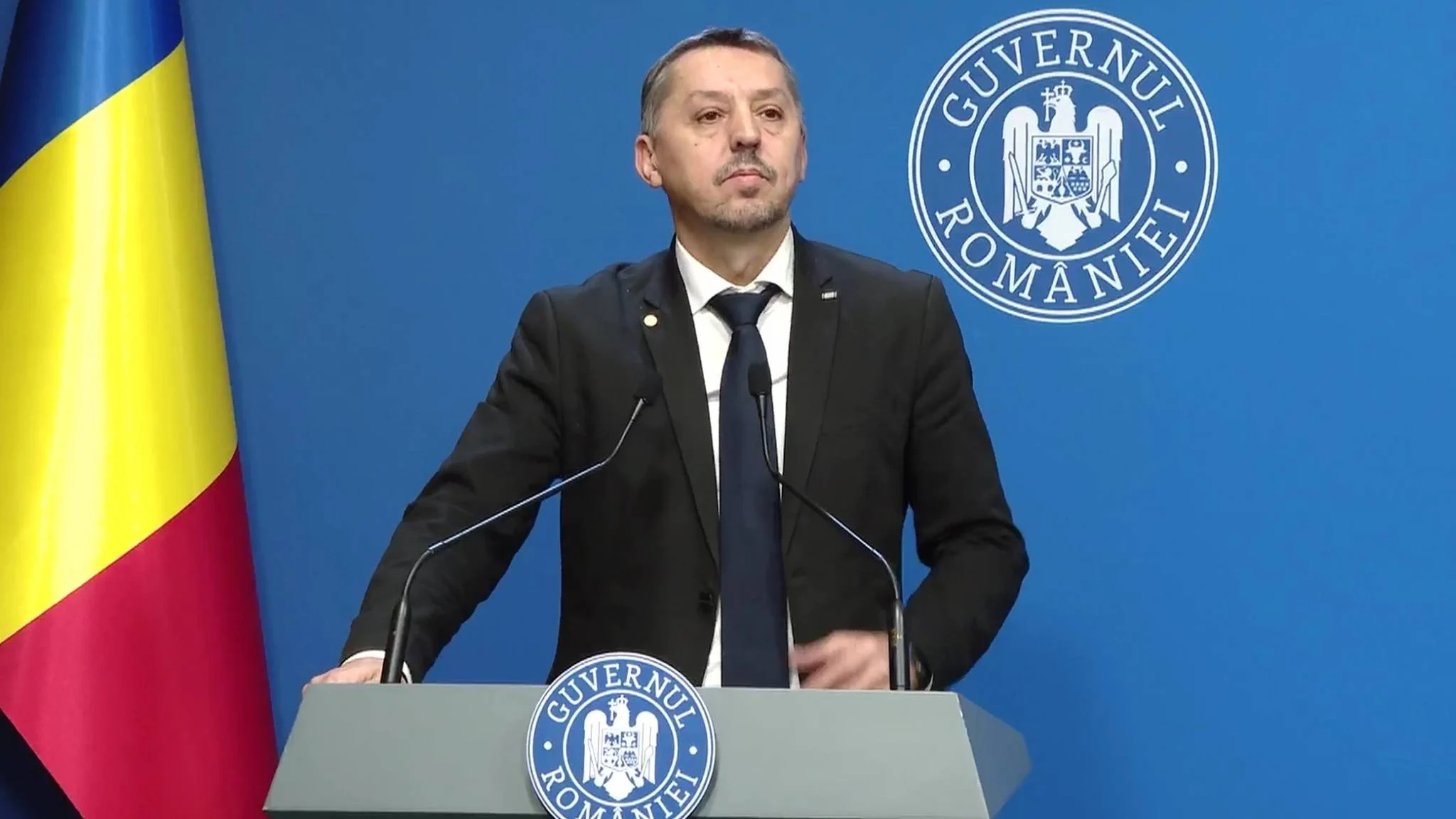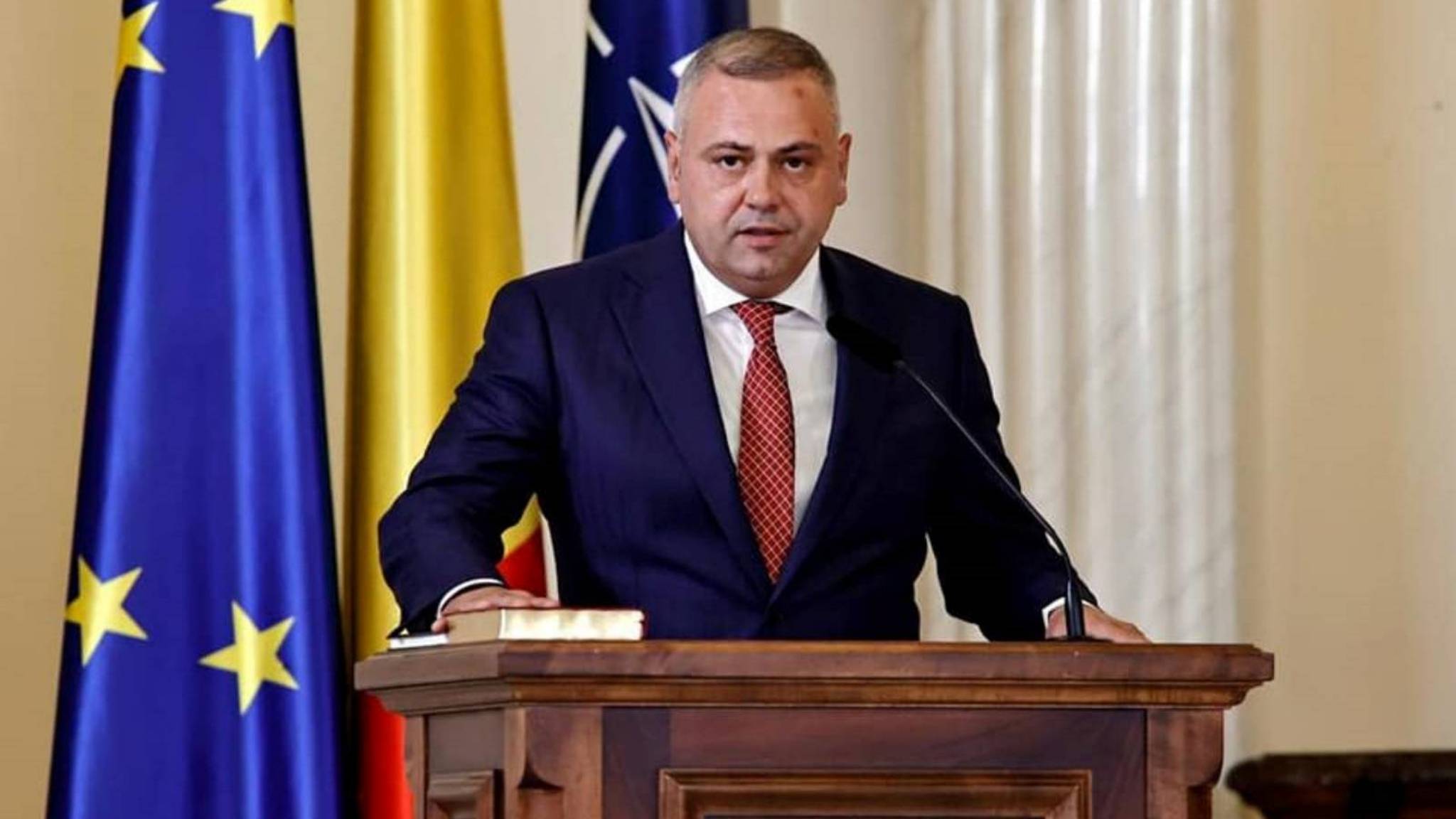This training program aims to support teachers and their students with a holistic approach to exam preparation. Cambridge exam experts, consultants, authors, trainers and experienced teachers will provide a holistic view on successful exam preparation, taking us through the basics and all the way to final exam success.
Here are the speakers and the agenda. You can use this link to register. See you there!
Lindsay Warwick
Lindsay is a teacher, trainer and materials writer. She has been teaching general English and exam preparation courses for over twenty years.
She is a CELTA trainer and has delivered teacher development courses in the UK and abroad on topics such as train the trainer, using technology in the classroom and helping learners to prepare for exams.
She is co-author of Gold Preliminary B1, Gold Experience B1 and B2+, Expert IELTS 6 and Pearson’s new general English series Roadmap (A2 and A2+).
Step 1: Understand your exam
20th February, 2019
Any teacher helping students to prepare for an exam needs to understand the exam at hand.
In this webinar, we’ll look at key tasks in Cambridge exams, the theory behind them, common difficulties with those tasks and how learners can overcome them. We’ll also look at changes to the Cambridge Preliminary/Preliminary for Schools and Key/Key for Schools exams coming in 2020.
Step 2: Balance your teaching
27th February, 2019
For some learners on an exam course, their main goal is to develop their language skills so they can communicate better. For others, passing the exam is their main goal.
In this webinar, we’ll look at ways that we can deliver lessons so we both develop a learner’s language skills and prepare for the exam. We’ll look at techniques and activities that help us to find the right balance and meet every learner’s needs.
Philip Warwick
Phil has been involved in ELT since 1988, working in a variety of countries such as Italy, China, Brazil and Czechia and teaching all types of students from prep school students in a school just outside Hastings to designing materials and teaching scientific writing to Czech scientists for an EU-funded project in Brno.
He’s currently academic manager for a UK based summer school with centres in London, Brighton, Oxford, Cambridge and Canterbury and for an English project in Ilia State University in Tbilisi, Georgia.
In between these commitments Phil works as a teacher trainer for Pearson English, and is never happier than when he can step back inside a classroom, which he does in his friend’s language school in Brno as often as time allows.
Step 3: Monitor progress
6th March, 2019
Students need to have a clear idea of what their strengths and weaknesses are when it comes to passing exams and in order to do this, teachers need to have clear strategies for each skill tested.
This webinar will look at building exam strategies and identifying progress points. This will allow teachers to offer valid guidance and supervision whilst differentiating between the skills and parts of the exam so that they can review key concepts and track students’ progress.
Step 4: Give feedback
13th March, 2019
A good teacher plays many roles but when it comes to exam preparation probably one of the most important is that of language coach. If a teacher cannot deal with student performance and implement further practice through delivering valid feedback then students will suffer.
This webinar will look at the coaching cycle and how teachers can utilise it to evaluate student performance so that they can provide different forms of feedback and give prompts and tips for improvement.
Billie Jago
Billie has been working in the ELT industry for 7 years, teaching in more than 7 countries, including China, Spain and Italy.
Billie has taught all types of students, from 1:1, to large classes of up to 70. She has spent the last few years focusing on teaching exams and creating course content, and now works as a teacher and teacher trainer in Cambridge.
In between this, Billie is currently completing her DELTA qualification.
Step 5: Motivate your students
20th March, 2019
Whether a short course or long course, exam students can easily become demotivated.
This webinar offers strategies and tips on how to maintain student enthusiasm in a positive classroom environment.
We’ll be looking at techniques on how to avoid repetition and motivate students of mixed abilities and skill sets, by looking at how to add variety to common task types and providing the opportunity for these activities to become more student-centred.
John Wolf
John is a MA graduate in Applied Linguistics and DELTA graduate.
For the first part of his teaching career he worked in language schools, teaching mainly younger learners and teenagers, and eventually branched out into other areas of EFL instruction, including exam English, business English, and teacher training.
Currently he works as an international teacher trainer and university lecturer, which provides him with plenty of opportunities to create and search for new ideas for teachers and students.
Step 6: Enjoy your course
26th March, 2019
Teaching exam courses puts a lot of pressure on teachers. We strive to make the experience enjoyable and fruitful, not only for the learners but also for the teacher.
In this webinar I will be sharing some strategies for teaching exams with enjoyment. These include: managing exam practice, readying your repertoire, delegating task creation and finally – deflating the pressure.
Amy Malloy
Amy Malloy is a writer and editor, and the founder of No More Shoulds, teaching mindfulness for healthier, kinder minds.
With 15 years’ experience in teaching, assessment and educational publishing, she now combines this first-hand understanding with certified training in wellbeing practices to help educators and students find inner calm in a stressful world.
Mindfulness for pre-exam stress
3rd April, 2019
The reality of modern English teaching means exams hold higher stakes than ever: a new career, a higher education place, even a new country of residence.
This webinar looks at how mindfulness, the practice of paying conscious awareness to the present moment, allows us to calm the effect of such stress-inducing situations on our thoughts and feelings by actively shifting our relationship with stress. In turn, our students can find it easier to meet exams with a calm, clear head.
We will demystify mindfulness practice, take a straightforward look at the neuroscience behind stress in exam situations, and explore practical mindfulness exercises you can carry out with your students.








